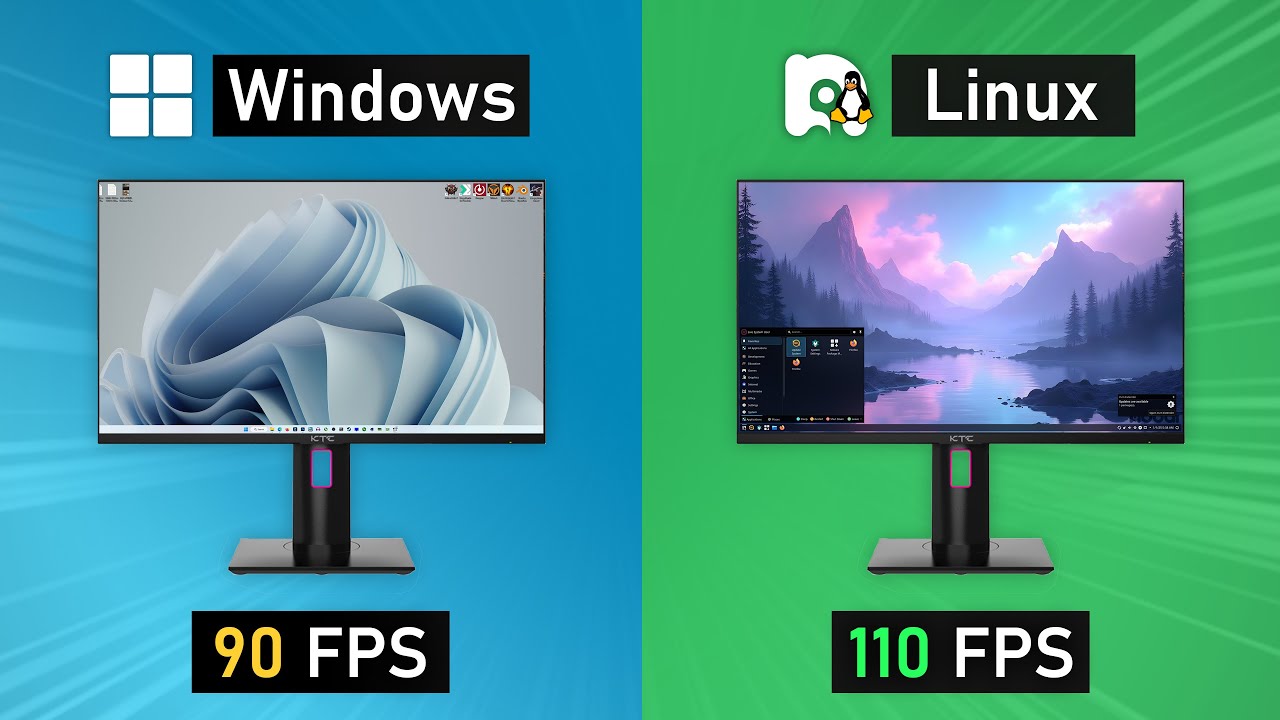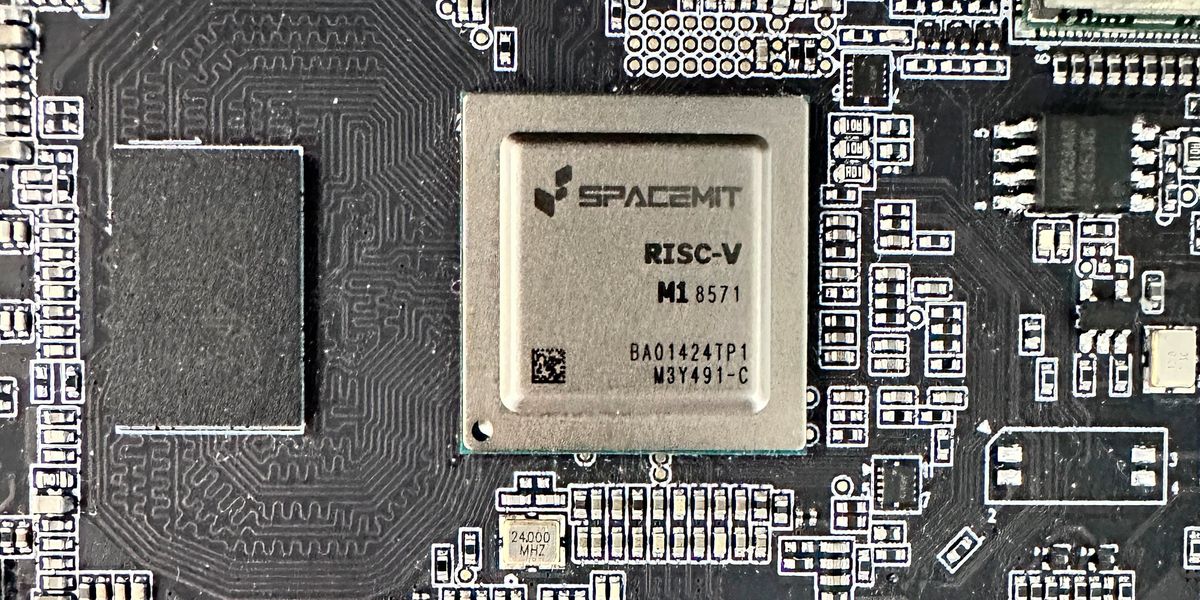
Jure Repinc
Digital and software freedom/rights advocate from Slovenia, Europe. Also a member of the Pirate party. You can find me on Mastodon: @[email protected]
- 160 Posts
- 17 Comments

 English
English- •
- www.oasis-open.org
- •
- 1M
- •

 English
English- •
- www.euractiv.com
- •
- 2M
- •

 English
English- •
- riscv.org
- •
- 2M
- •

 English
English- •
- english.almayadeen.net
- •
- 2M
- •

 English
English- •
- www.tomshardware.com
- •
- 3M
- •

 English
English- •
- kde.org
- •
- 3M
- •

 English
English- •
- www.fsf.org
- •
- 3M
- •

 English
English- •
- kubuntu.org
- •
- 3M
- •

 English
English- •
- www.mintpressnews.com
- •
- 5M
- •

 English
English- •
- www.404media.co
- •
- 7M
- •

 English
English- •
- kde.org
- •
- 7M
- •

 English
English- •
- www.404media.co
- •
- 7M
- •

 English
English- •
- www.jeffgeerling.com
- •
- 7M
- •

 English
English- •
- www.disconnect.blog
- •
- 7M
- •

 English
English- •
- www.tomshardware.com
- •
- 7M
- •

 English
English- •
- store.steampowered.com
- •
- 8M
- •

 English
English- •
- www.aljazeera.com
- •
- 9M
- •

 English
English- •
- www.rockpapershotgun.com
- •
- 9M
- •

 English
English- •
- www.rockpapershotgun.com
- •
- 9M
- •

 English
English- •
- www.theverge.com
- •
- 9M
- •

 English
English- •
- www.aa.com.tr
- •
- 9M
- •

 English
English- •
- www.dropsitenews.com
- •
- 9M
- •

 English
English- •
- open-source-chips.eu
- •
- 9M
- •

 English
English- •
- www.nature.com
- •
- 1Y
- •

 English
English- •
- www.thenerdreich.com
- •
- 1Y
- •

 English
English- •
- www.youtube.com
- •
- 1Y
- •

 English
English- •
- kde.org
- •
- 1Y
- •

 English
English- •
- store.steampowered.com
- •
- 1Y
- •

 English
English- •
- store.steampowered.com
- •
- 1Y
- •

 English
English- •
- www.scmp.com
- •
- 1Y
- •

 English
English- •
- spectrum.ieee.org
- •
- 1Y
- •

 English
English- •
- www.theverge.com
- •
- 1Y
- •

 English
English- •
- www.phoronix.com
- •
- 1Y
- •

 English
English- •
- www.gamingonlinux.com
- •
- 1Y
- •

 English
English- •
- www.youtube.com
- •
- 1Y
- •

 English
English- •
- www.accessnow.org
- •
- 1Y
- •

 English
English- •
- www.forbes.com
- •
- 1Y
- •


It’s the heavy graphics used which looks like it uses WebGL and this is disabled in LibreWolf since it can easily be used for fingerprinting a user. It would be great if they could not use such heavy graphics if WebGL is not supported and just used simple static image or something like that. Well it would be great in general not just for privacy reasons.


So not even with setting the Width option to Fill Width and Style with disabled Floating option? (see this picture for refeence)


Yeah I hear good things about qemu. Will really have to reserve some time to learn it some day. And just for kicks I have just tried and installed KDE Neon into VirtualBox too, and damn I am actually surprised how fast Plasma runs under it, definitely faster than Plasma 5 did. Another job well done :)


Yeah also don’t like the dock, but with KDE Plasma at least you can make it full width as it is so nicely customizable. VM, oooo I wonder how it will run there, I guess it will be quite slow, at least Plasma 5 was a lot slower in VB for me than later on real hardware, so it might not be well representative.


The main point to know is if you do not encrypt it with keys generated localy on your machine and encrypt it locally, then you can not be sure it really is E2E encrypted. If a corporation does it for you with their keys they can ready anything so this kind of E2E is more or less marketing bullshit and Apple is guilty of this too.
Straight from the old Big Tabacco playbook of traps. Give away free stuff to get you addicted while in school and then when you are out they start profiting on your bad habbit you are hard to get rid off. Better to use software that is free for ever and even better if it is also free as in freedom and opensource.





































Agree and hope it brings even better GNU/Linux gaming support, as it is the OS that is in this democratic users/people owned operating system, just as other free as in freedom and opensource collaborative software. In this regard Valve does quite a very good job of improving and sponsoring GNU/Linux, Mesa drivers KDE and other opensource projects. What all other gaming companies fail terribly at. What comes after Valve must be even better at it.